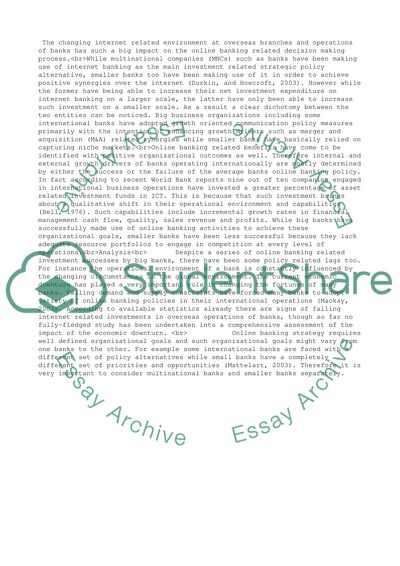Cite this document
(“INFORMATION SOCIETY & INFORMATION ECONOMY Essay”, n.d.)
Retrieved from https://studentshare.org/business/1530907-information-society-information-economy
Retrieved from https://studentshare.org/business/1530907-information-society-information-economy
(INFORMATION SOCIETY & INFORMATION ECONOMY Essay)
https://studentshare.org/business/1530907-information-society-information-economy.
https://studentshare.org/business/1530907-information-society-information-economy.
“INFORMATION SOCIETY & INFORMATION ECONOMY Essay”, n.d. https://studentshare.org/business/1530907-information-society-information-economy.


